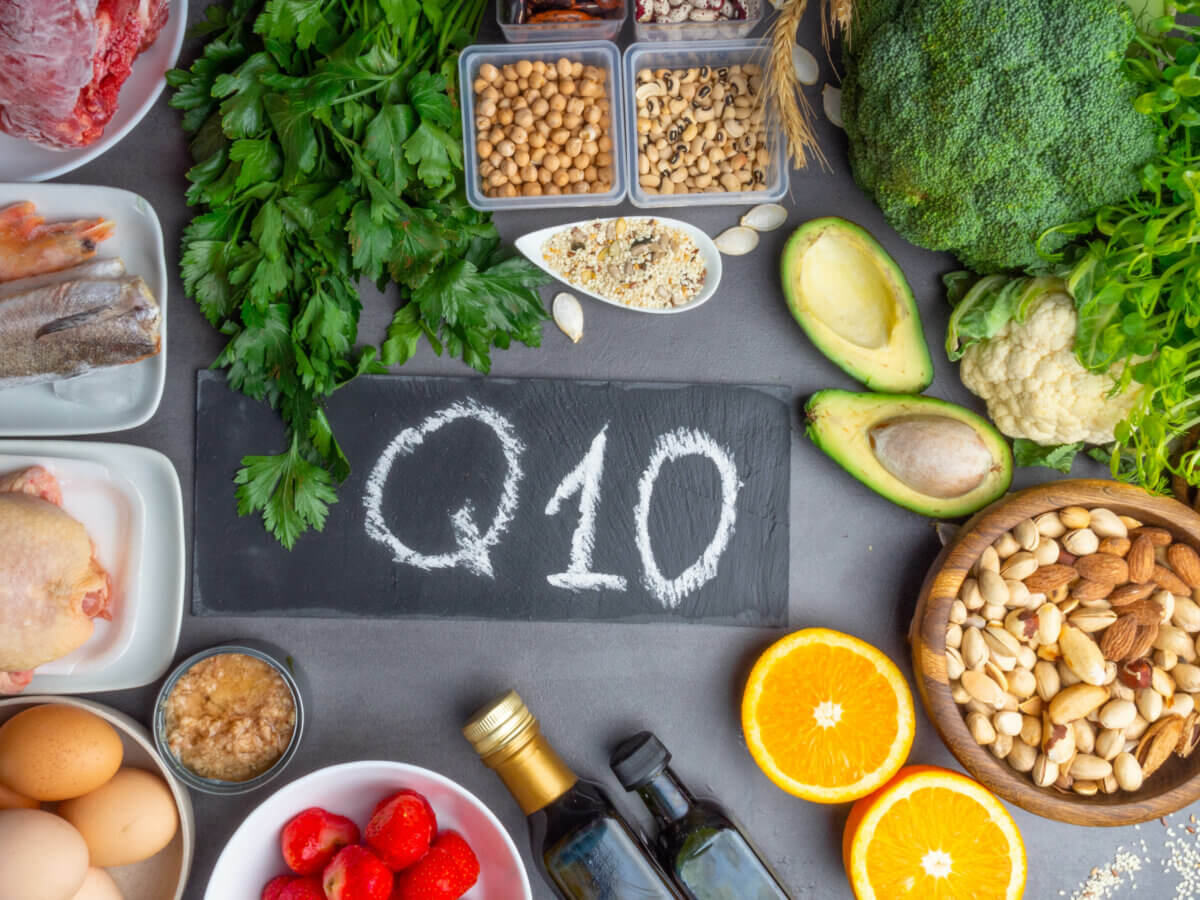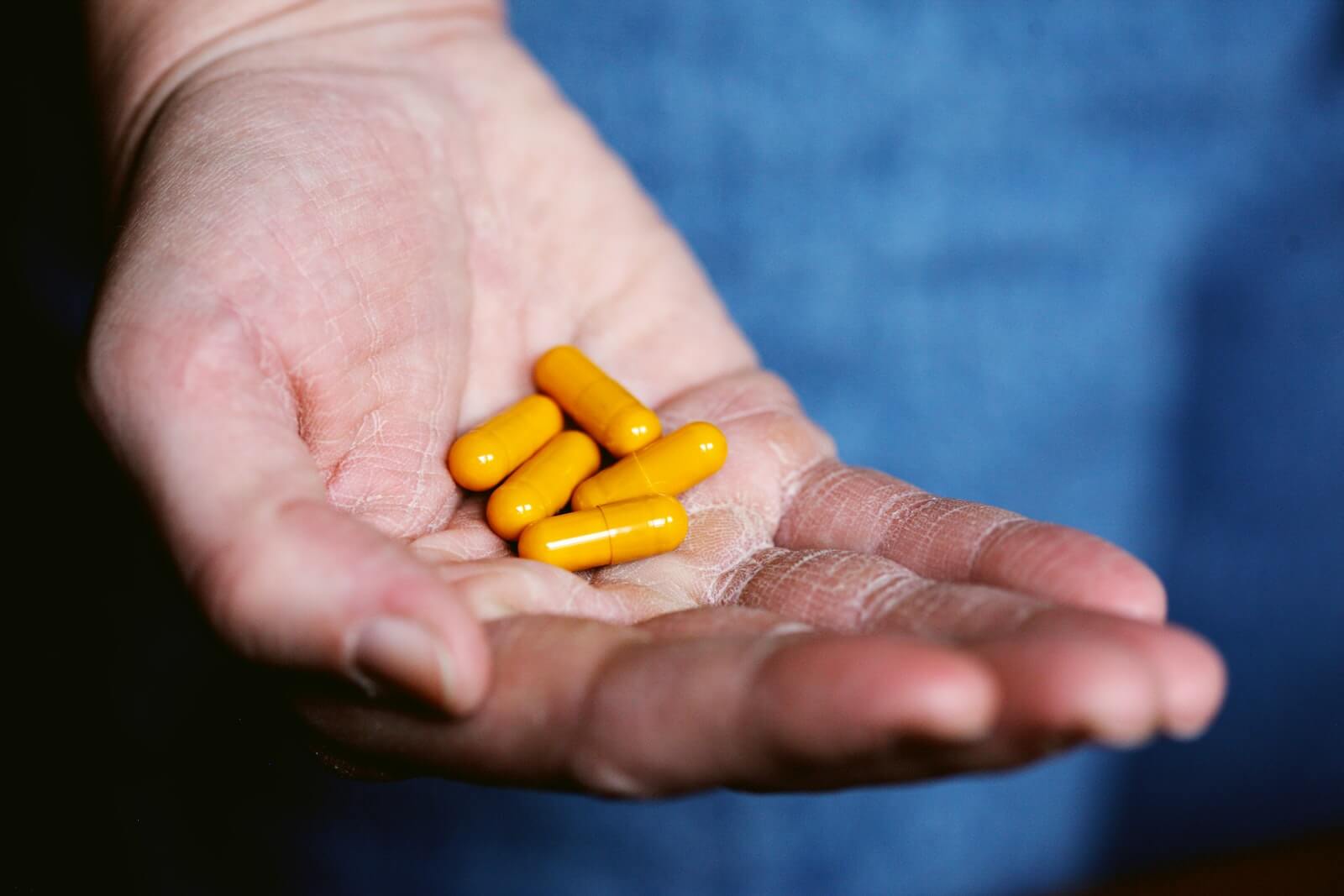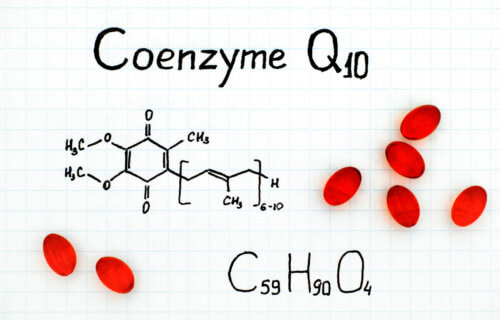Heart disease is the leading cause of death in the United States and around the world. Unhealthy diets and sedentary lifestyles have been linked to the progression of heart disease. With that in mind, it’s been documented that people with heart disease may have lower levels of Coenzyme Q10 (CoQ10). As such, health and wellness influencers recommend supplementing this substance as a preventative measure.
But is that the right move? Let’s start with a fundamental understanding of CoQ10.
What is CoQ10?
CoQ10 is a fat-soluble substance that your body makes on its own and helps the body to convert food into energy while additionally acting as a potent antioxidant. It is present in almost all human cells. CoQ10 exists in two forms in supplements and the body: ubiquinone and ubiquinol.
The main differences between these two are their chemical structures. Your body can shift back and forth between the forms depending on the body’s needs. As such, you may be wondering if one form is better to take in supplement form than the other.
Current research has not shown that there is any significant difference that warrants doing that, so either one should be fine. CoQ10 may also be sourced from foods such as liver, sardines, mackerel, and different fruits and vegetables.

What decreases CoQ10 in the body?
Age is just one factor that can result in the depletion of CoQ10 in the body. Interestingly, statins, beta-blockers, and some blood pressure medications — which are all meant to help prevent heart complications — can reduce CoQ10 as well. Additionally, certain genetic mutations and mitochondrial disorders have been implicated as well.
Heart benefits of CoQ10
The heart, liver, and kidneys contain the highest levels of CoQ10 in the body. Therefore, theoretically speaking, you would want to make sure that these parts of the body have consistently optimal amounts to function properly.
Although more work is being done, there are quite a few studies that have shown that CoQ10 can be beneficial for people with heart failure. Based on some studies, researchers have even suggested that CoQ10 should be used as a predictor of outcomes and as clinical therapy. Additionally, although evidence is a bit more mixed, there is some research that shows supplementing this nutrient could potentially lower blood pressure modestly. There’s also some evidence to support that people with high cholesterol could benefit from CoQ10 supplementation.
The amount of CoQ10 that one would realistically get from food is significantly lower than what would be provided in supplements. Although this is a growing area of research, many people have decided to hop on the supplement bandwagon simply because of the promising research that could likely come out as more is conducted.

Are there side-effects?
There does not to appear to be any notable side-effects, although there’s always a risk of some minor ones such as upset stomachs, nausea, and diarrhea. If you have a condition such as heart failure, diabetes, or liver disease, it is very important to talk with your doctor before considering this supplement. The same goes for if you are on chemotherapy, are pregnant or breastfeeding, or take blood thinning medications.
Bottom Line
More wellness gurus have started to take CoQ10 as a preventative measure against heart disease. The substance is naturally produced by the body but can be depleted by different medications and age. Given current evidence, it seems that supplementation may benefit cholesterol, blood pressure, and overall heart function.
However, more work is necessary to help solidify these findings before widespread recommendations can be made and prior to being applied in a clinical setting. If you think CoQ10 would be beneficial for you, be sure to discuss with your healthcare professional before adding it into your routine.


“However, more work is necessary to help solidify these findings before widespread recommendations can be made and prior to being applied in a clinical setting.”
You people have been saying that for 30 years. Admit it: you have a bias for patented drugs and will never recommend a natural product.